Sell-side roles in an investment bank
Success in the finance industry requires learning a lot of jargon. In finance, you will often hear roles described as either “sell side” or “buy side.” This article aims to demystify the language around these terms and explain specific roles on the sell-side.
The sell-side refers primarily to roles within an investment bank or the investment banking division of a universal bank. The primary function of an investment bank is to help institutions raise debt and equity capital to institutional investors such as investment funds, hedge funds, insurance companies, sovereign wealth funds, and pension funds.
The buy-side are the institutional investors who are buying these securities in the primary market. Another function provided by sell-side investment banks is to facilitate the buying and selling of these securities once they have started trading on the secondary market.
Here is a fuller description of the primary and secondary markets.
In primary capital markets, investment banks work with clients to help them raise debt and equity capital. These equity and fixed income securities are sold directly to institutional investors through either the equity capital markets (ECM) or their debt capital markets (DCM) desks.
In secondary capital markets, the investment bank’s global markets division executes trades on behalf of buy-side and other institutional investors. This means the global markets divisions finds and matches buyers and sellers of securities.
Sell-side roles
Roles in a sell-side investment bank include several essential functions that enable it to meet the needs of its institutional clients. Those roles include:
- Investment banking (M&A and corporate finance) – These roles are the primary relationship management roles that interact with clients. The investment banker’s role is to understand its clients’ financing requirements needs fully and to win business for the bank
- Equity capital markets – The ECM desk takes over once their investment banking colleagues have identified a client needing to raise equity capital. The responsibility of the ECM desk job is to take corporations through the initial public offering (IPO) process
- Debt capital markets – The DCM desk does the same roles as the ECM desk but in the debt capital markets
- Sales and trading – Roles in sales and trading work with their ECM and DCM counterparts to sell securities from primary issuance to investors and be an intermediary in the secondary markets. Being an intermediary involves buying and selling already issued securities on behalf of clients, either as members of exchanges themselves or through their inter-broker dealer network
- Research – Sell-side research analysts help both the ECM and DCM desks, along with sales and trading, by providing value-adding insights on the companies and other organizations they cover. Sell-side research is communicated to clients by people is a sales role, sometimes referred to as Research Sales.
The following diagram is a useful overview of how sales, trading, and research roles between the sell-side and buy-side help clients execute trades in the secondary market (from the FMI Introduction to Global Markets course)

Buy-side clients
The buy-side broadly refers to investment managers, also referred to as institutional investors. They invest money on behalf of their investors across various asset classes using multiple investment strategies. Here is a simple overview of institutional buy-side clients (from the FMI Introduction to Global Markets course).

Institutional investors are sophisticated and knowledgeable investors that trade large blocks of assets such as equities and bonds that can lead to significant price movements.
Global markets desks will execute trades on behalf of their institutional clients, as global markets desks are members of exchanges while institutional investors are not. Traders will use their skills to execute these large trades for the best price possible.
Because of their size, institutional investors can often negotiate better execution fees from global markets desks.

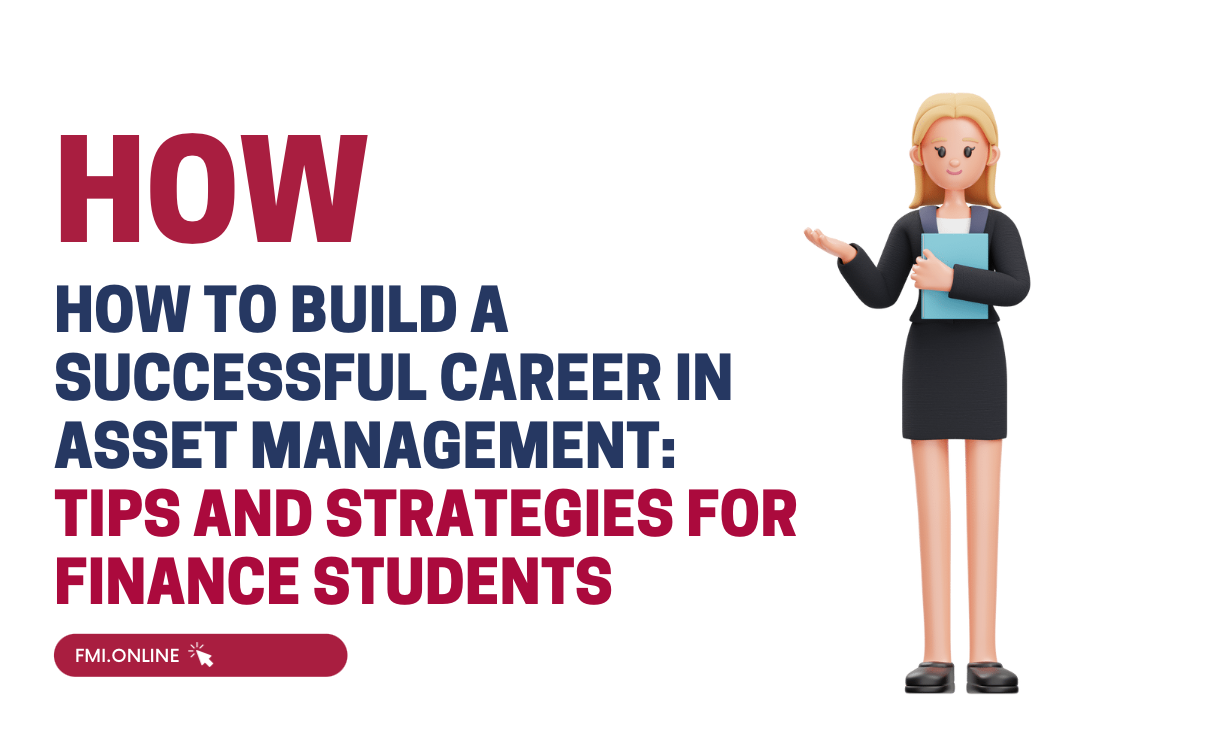
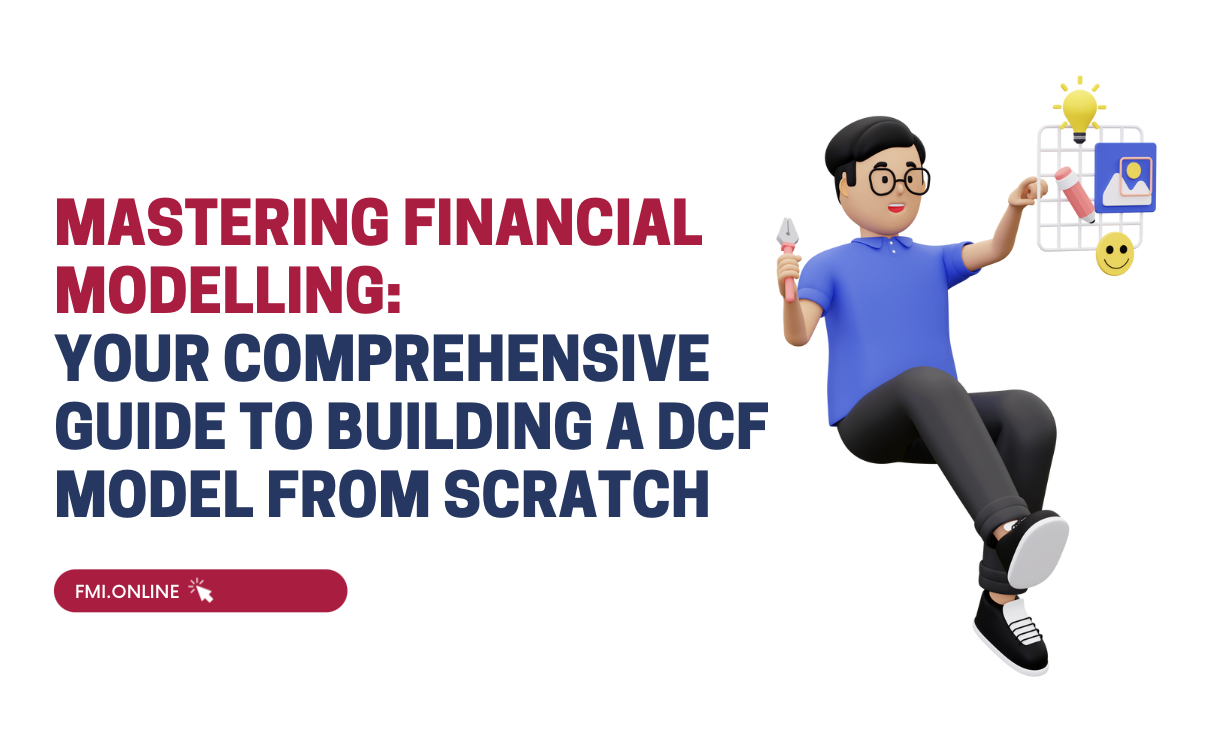
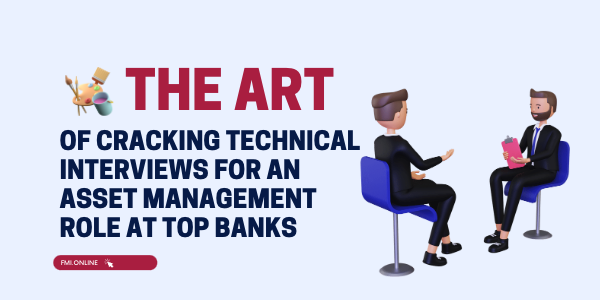

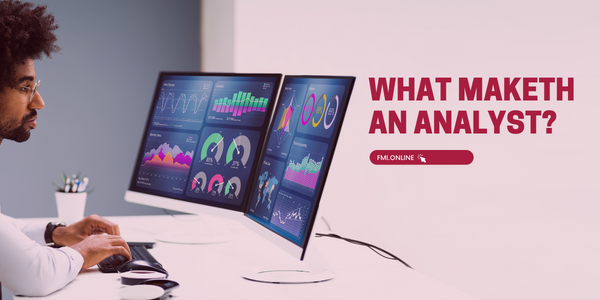


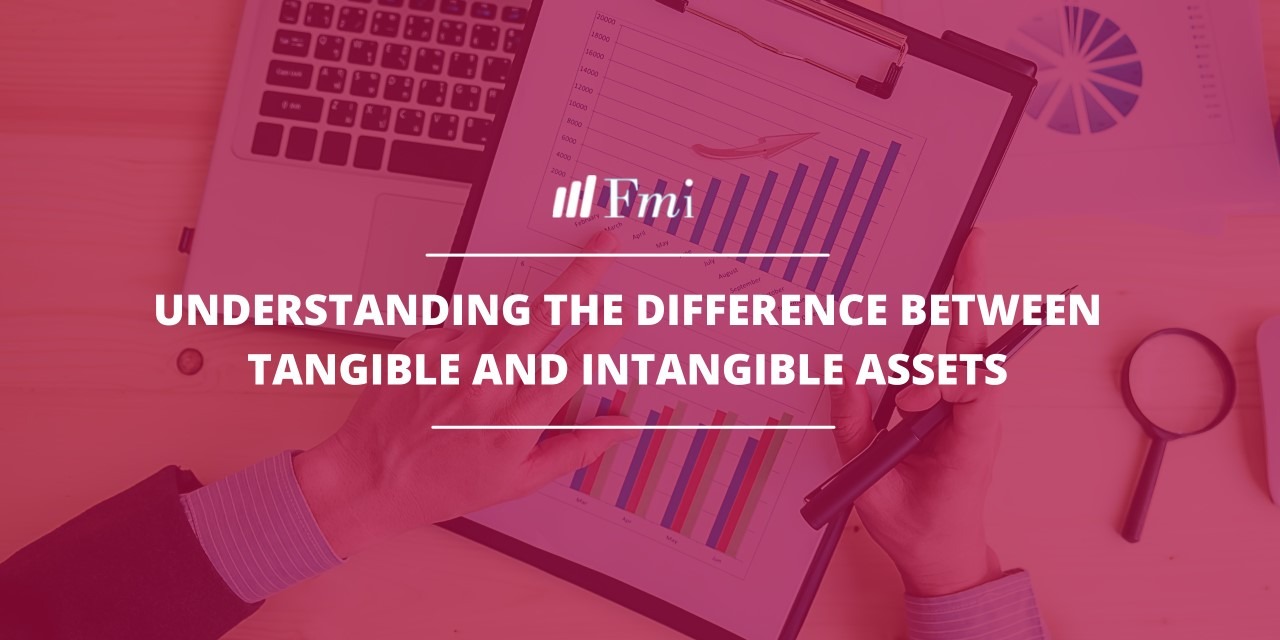

 60+ hours
60+ hours 9 courses
9 courses



